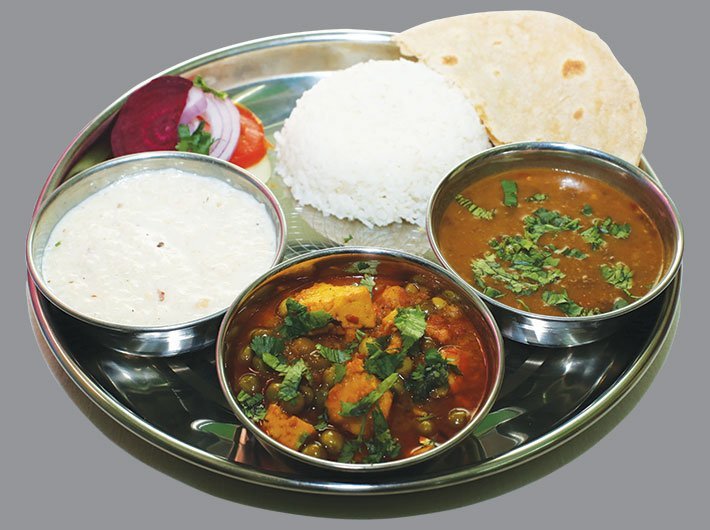Average veg household has gained Rs 10,887 on average per year, non-veg household gained Rs 11,787
GN Bureau | January 31, 2020

In a village in Bihar, a mother brings her pale, lethargic child to a government health camp. A hemoglobin test confirms anemia. She leaves with iron tablets and dietary advice. Months later, the child remains unwell. What if the problem was never iron deficiency, but lead poisoning, silently damaging the
Why the Poor Don’t Kill Us: The Psychology of Indians By Manu Joseph Aleph Books, 280 pages, Rs 599
With days to go for the new GST rates to come into effect, the finance ministry on Tuesday issues an FAQ to guide users about possible problem areas. Here are some of the questions and answers. Q: Is it required to recall and re-label MRP on medicines already in the supply chain befo
NITI Aayog on Monday launched two transformative initiatives, AI for Viksit Bharat Roadmap: Opportunity for Accelerated Economic Growth and NITI Frontier Tech Repository under its Frontier Tech Hub. The Roadmap was launched by finance minister Nirmala Sitharaman, electronics & IT minister Ashwini Vaish
C.P. Radhakrishnan sworn in as the 15th Vice President of India and Chairman of Rajya Sabha on Friday. The President of India, Droupadi Murmu, administered the oath of office to him at a swearing-in-ceremony held at Ganatantra Mandap of Rashtrapati Bhavan. After the swearing-in, Radhakrishna
The Brihanmumbai Municipal Corporation (BMC) commenced its public hearing process on objections and suggestions regarding the draft ward structure for the General Election 2025. A total of 189 out of 492 objections and suggestions received were heard on Wednesday The hearing was chaired by I

